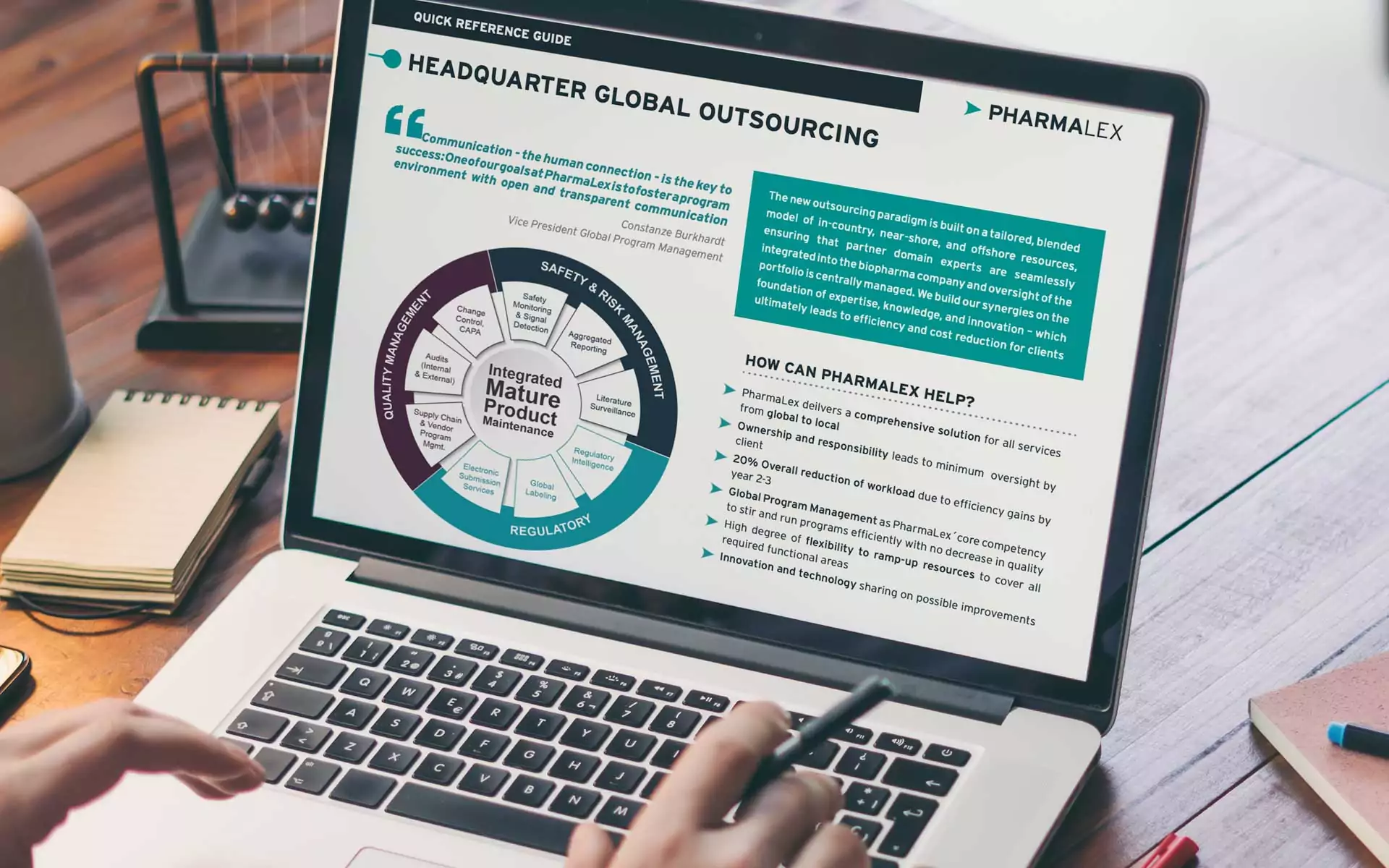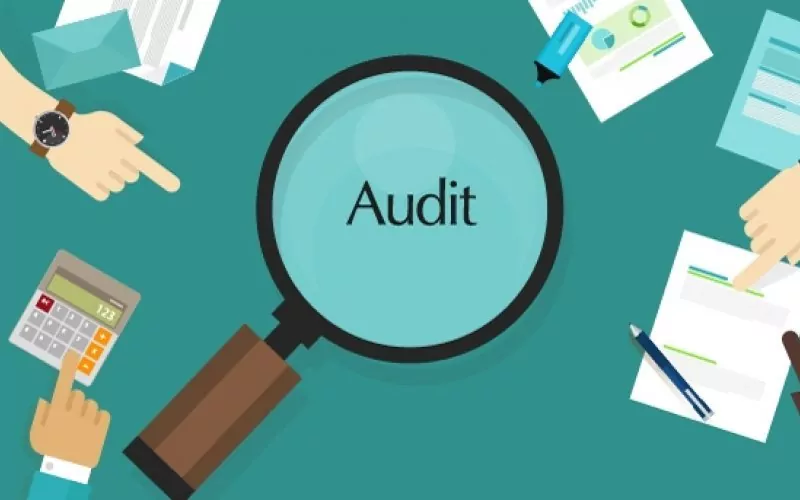Maintaining regulatory compliance is critical to ensuring the continuity of your operations
Whether your organization is virtual or fully in-house, conducting audits is an essential component of a good quality system in order to evaluate the effectiveness of the quality system, maintain regulatory compliance and ultimately ensure patient safety.
ICH Q10, section 1.5 states that the implementation of the Q10 quality management system model should result in achievement of three main objectives where auditing plays a critical role in all three objectives detailed below:
- Achieve product realisation
- Establish and maintain a state of control
- Facilitate continual improvement
The ICH Q10 document can be viewed at the following link:
- In order to achieve product realization, appropriate quality materials must be purchased from approved suppliers. Section 2.7 of ICH Q10 states that the pharmaceutical company is ‘ultimately responsible to ensure processes are in place to assure the control of outsourced activities and quality of purchased materials.’ Prior to selecting material suppliers or outsourcing operations, the suitability of the outsourced party to carry out the activity must be assessed. Suppliers must be approved before being used and audits are one means of evaluating both suppliers and outsourced operations. The method for assessing a supplier or an outsourced operation should be defined in a procedure. The procedure should clearly define when an audit is required or when an alternative evaluation method is acceptable. ICH Q9 provides guidance on the principles and tools of quality risk management that can be performed to determine the type of evaluation to be used i.e. if the operation is high risk then the output of the risk assessment may deem an audit necessary.
The ICH Q9 document can be viewed at the following link:
The procedure should also specify how the frequency of the audits will be determined and how the operations to be audited are determined. The audit frequency and schedules should be risk based and all aspects of the quality system should be audited annually. The key focus of an audit of a supplier or outsourced operation should be whether the supplier or outsourced operation has a quality system in place and the effectiveness of the quality system. The main purpose of the evaluation is to ensure that the supplier or outsourced operation can provide the material or products meeting their quality specifications and requirements.
- Establishment and maintenance of a state-of-control requires periodic reviews of operations and periodic reviews can be achieved by conducting audits of these operations and processes. The management review system should include the review of the audit results as part of the periodic review of the quality system. Management must be made aware of any audit observations which impact the quality system as they are responsible for ensuring the effectiveness of the quality system and to ensure a state of control is maintained. An effective monitoring system provides assurance of the capability of the processes to produce a product of the desired quality. The methods for continuous monitoring may vary depending on risk assessments which may include periodic audits and monitoring of regulatory findings.
- In order to facilitate continual improvement, management should review internal and external audit results and act upon the findings as part of the continuous improvement process. ICH Q10, section 4.3 lists the following as potential outcomes of the management reviews:
- ‘Improvements to the pharmaceutical quality system and related processes
- Allocation or reallocation of resources and/or personnel training
- Revisions to quality policy and quality objectives
- Documentation and timely and effective communication of the results of the management review and actions, including escalation of appropriate issues to senior management.’
An effective audit programme can play an integral role in product realization, process performance and quality monitoring and continuous improvement within a quality management system. The use of quality risk management as defined in ICH Q9 provides useful tools for prioritising audits. Companies should examine their auditing programmes to ensure the key objectives as defined in ICH Q10 are being met.
PharmaLex has built up a wealth of expertise over the years and has a proven record in the ability to deliver audits, internally and externally, in line with their company motto: “Confidence beyond Compliance”. PharmaLex has a team of GxP consultants that come from a wide variety of backgrounds who can perform audits in compliance to global GxP regulations. This allows for maximum flexibility to provide technically suitable and centrally located auditors for each audit when needed. Audits are conducted using a “hat-on/hat-off” approach in which the auditor provides feedback to the auditee during the audit. This real-time mentoring improves auditee performance, preparedness and confidence for upcoming GxP inspections. PharmaLex auditors provide piece of mind auditing; they are responsible for all audit preparation, onsite auditing, and audit reporting. Following the audit, PharmaLex can support post-audit activities such as CAPAs and remediation activities to closure.
If you would like advice or support in relation to the development, improvement or execution of an audit management programme why not get in touch to find out more on the range of services that we offer and how we can help you by connecting with us on +353 1 846 4742 or email us at contact@pharmalex.com








